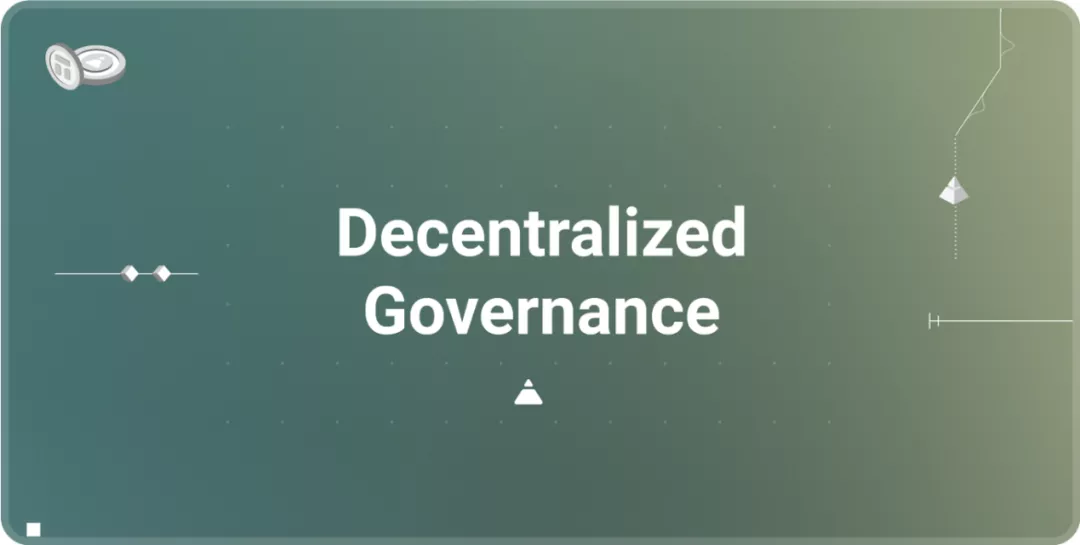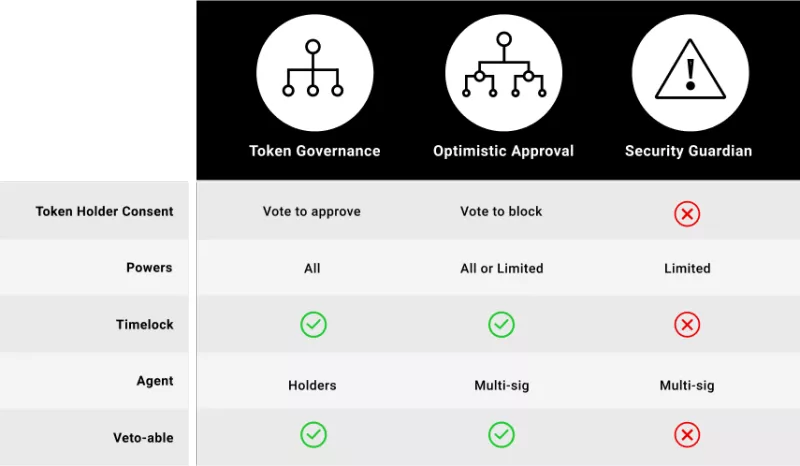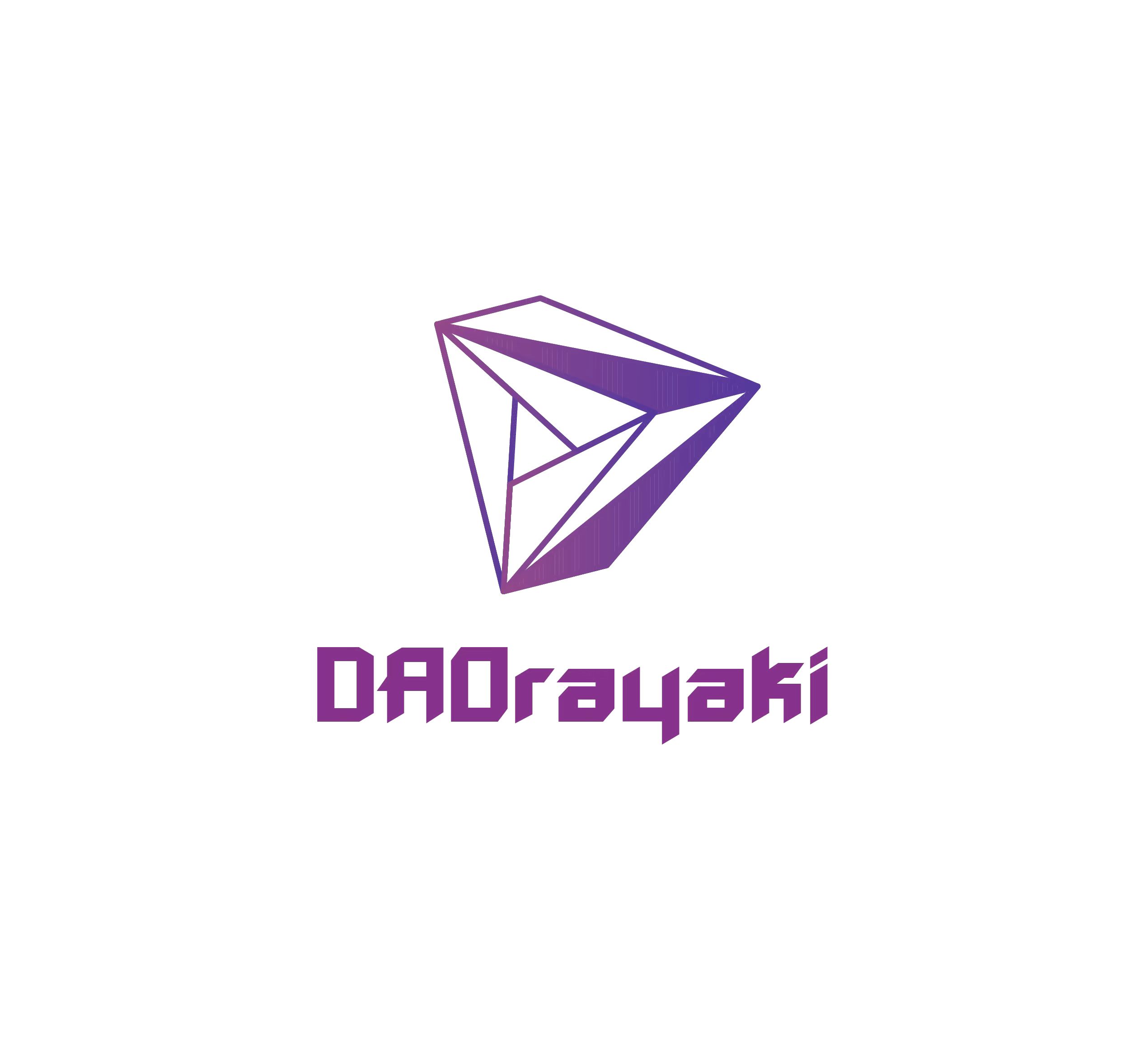Token governance, optimistic governance and security guards realize the separation of powers of DAOs
DAOrayaki DAO Research Bonus Pool:
Funding address: DAOrayaki.eth
Voting progress: DAO Committee 2/0 passed
Total bounty: 80 USDC
DAOrayaki DAO Research Bonus Pool:
Funding address: DAOrayaki.eth
Voting progress: DAO Committee 2/0 passed
Total bounty: 80 USDC

Types of research: DAO, Token Governance, Optimistic Governance, Security Guardian
Original Author: Joey Santoro
Contributors: Dewei, DAOctor @DAOrayaki
Original: Decentralized Governance Structures--Checks and balances for lean and trust minimized DAO governance
Governance makes modern society possible. Governments decide where to allocate tax revenues and influence the levers that control the flow of economic value. But that's how it used to be. Blockchain technology enables these actions to take place in the open—putting affected citizens at the forefront of decision-making.
Decentralized Autonomous Organizations (DAOs) are on-chain governments that control vast resources. These have the potential to eliminate corruption through contractual incentives. In other words, "can't be evil" is far more powerful than "don't be evil". Even if Google and governments around the world have no evil intentions, they all have the ability to do so. Only an open-source governance algorithm can help humanity evolve to a higher level of coordination.
Future DAOs will leverage three main categories of microgovernance rights:

1. Token Governance - Direct Democracy with "Executive Branch" Powers
2. Optimistic Governance—Representative Democracy with “Legislative Branch”-Like Powers
3. Security guards - have the power of "judicial department" under certain conditions
secondary title
token governance
Token governance means that all holders need to vote to effect change. This is "active consent" because a sufficient number of stakeholders are required to actively approve the new proposal. It acts as an executive branch maintaining full authority over all other components of the system.
Token governance can have any combination of the following properties:
1. Quorum - the minimum number of approvals passed
2. Delegate - Appoint a representative to vote on your behalf
3. Time lock - the grace period after the proposal is passed until it takes effect
4. Voting — Lock votes for a period of time to get more votes
Token governance is very cumbersome. Voter apathy, free-riding, etc. issues often arise as ill-informed token holders are encouraged to participate in frequent and complex proposals. Holders can speculate on project outcomes without participating in governance.
For the above reasons, token governance should ideally be used only for the most important decisions, including but not limited to:
1. Mint new tokens (dilute holders)
2. Contract upgrade
3. Change governance rules
4. Appoint/veto other governance layers
In an ideal world, every proposal that goes into token governance has a high level of participation because it matters to stakeholders. In other words, low participation is a sign of overuse of token governance.
The best token governance contracts available are OZ Governor, Governor Bravo and Curve Voting Escrow.
Bonus: Vitalik Buterin has a great article on Beyond Token Governance.
optimistic governance
The optimistic governance model allows for a core group of elected actors to formulate proposals on behalf of the community. This form of governance is considered "negative consent" because in the "Happy Road", token holders do not interfere with the formulation of proposals. So there needs to be enough stakeholders actively blocking a new proposal from being able to take effect. Optimistic Governance functions as a legislative branch where elected representatives draft and promulgate community-friendly proposals under the supervision of token governance and security guards.
When challenges inevitably arise, there are conservation measures in place to protect ecosystems.
The first safeguard is a time lock. This transparency allows users to find solutions in the event of malicious proposals, and users can exit the ecosystem during a time-locked window.
The second safeguard is a veto controlled by other stakeholders such as token governance and security guards. This means that during the timelock period, when enough stakeholders vote to cancel the proposal, the proposal will not go live. This is the ultimate protection against bad behavior governance.
Optimistic governance is lean and efficient, enabling key stakeholders to act in the best interest of the majority. It is ideal for almost any governance application:
1. Parameter changes
2. Compensation for contributors
3. Issue rewards
4. Minor upgrades/integrations
In a perfect world, optimistic governance has high transparency and low participation. Low participation means that the proposal is easy to understand and not controversial. If optimistic governance sees high participation in proposals from elected participants, then participants are likely to propose contentious changes. For example, high levels of transparency are important to allow other stakeholders to make informed decisions about whether to engage and try to veto.
The best optimistic governance will use OpenZeppelin TimelockController and allow key stakeholder vetoes.
Security guards
DAOs need emergency shutdown mechanisms for critical functions when token governance and optimistic governance fail. It is the security guard's job to do this. An effectively designed security guard can help prevent breaches. This helps prevent vulnerabilities from being exploited and gives stakeholders time to develop longer-term solutions before functionality is restored. It acts as a judicial branch, ensuring token governance and optimistic governance actions are sincere and take into account strong security practices.
Security guards should have "conditional omnipotence", that is, they can act immediately, but only against predefined behaviors. These actions should include:
1. Suspension of contract
2. Veto maliciously optimistic or token governance proposals
3. Mandatory operation, otherwise it may be invalid
Security Guard should be "trust-minimized" in that it can never actively harm users, or at least not be incentivized to do so. Security Guards should not take the following actions without good reason:
2. Prevent users from logging out of the system
Summarize
3. Change key parameters
In an ideal system, the use of security guards should never happen. Because, it means that the contract is secure, and the security guard holders are properly incentivized and not malicious.
The best security guard is a Gnosis Safe that uses OpenZeppelin Defender to store and simplify security runbooks.
Summarize
1. Token governance should only be used for the most important decisions.
refer to
2. Optimistic governance should empower key stakeholders to assume power with the approval of token holders.



